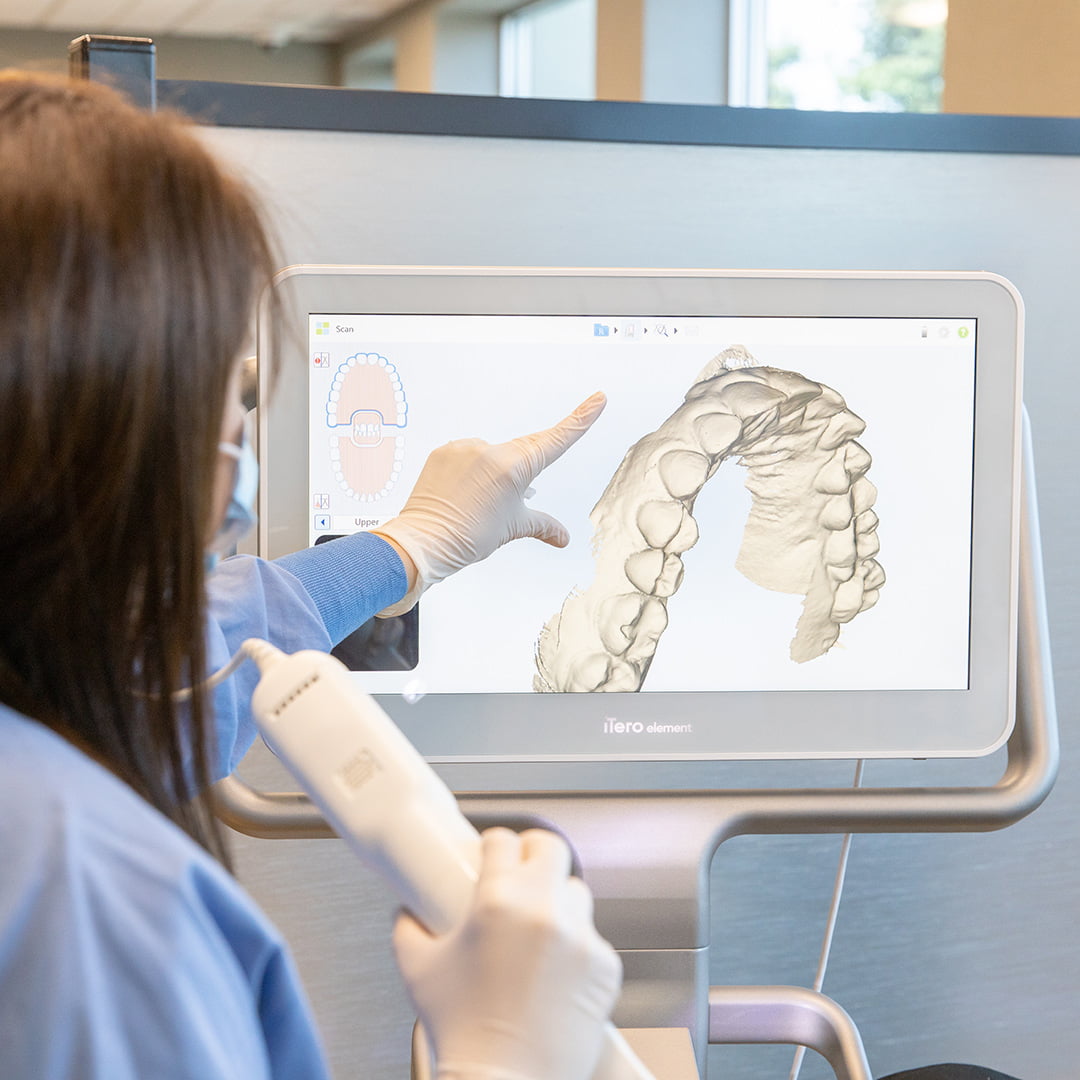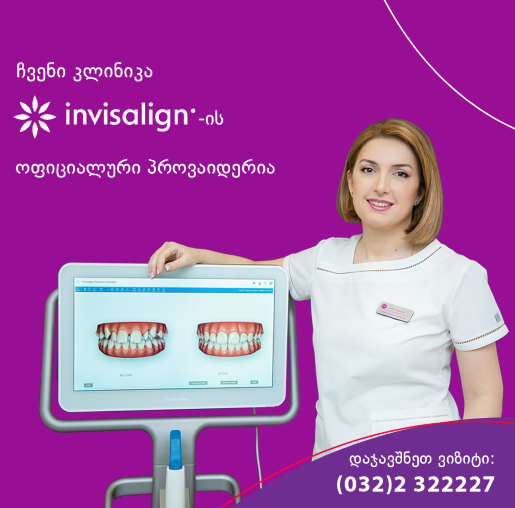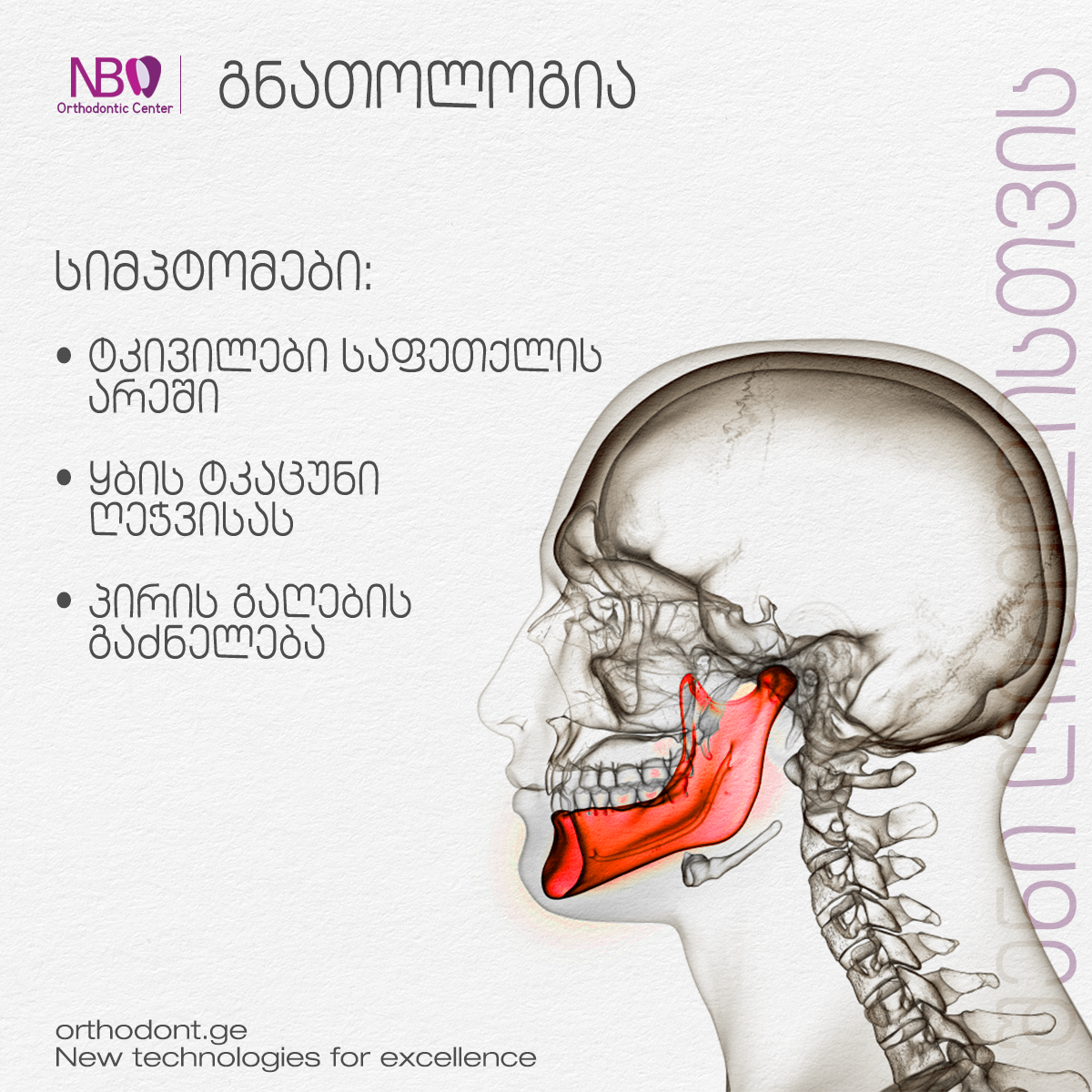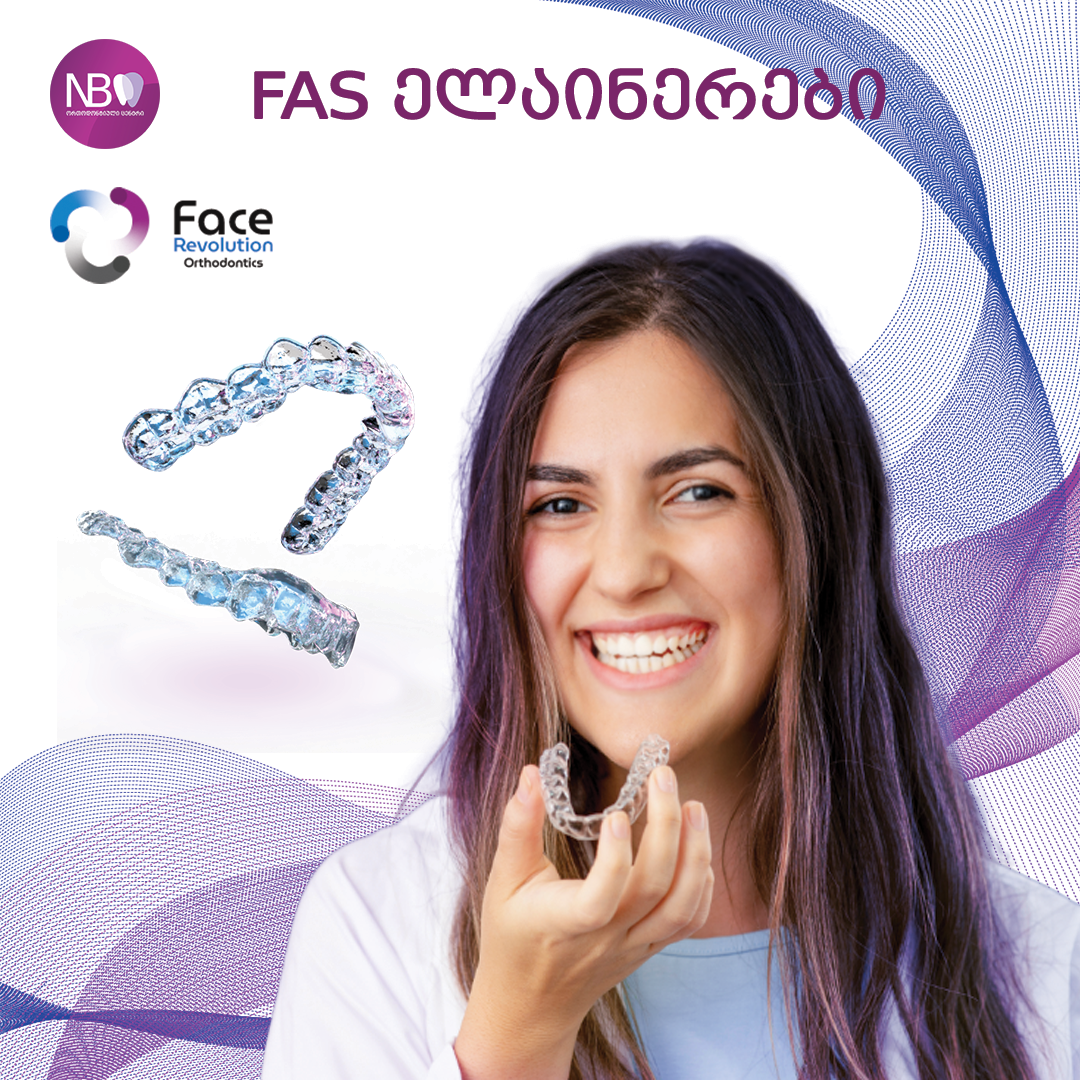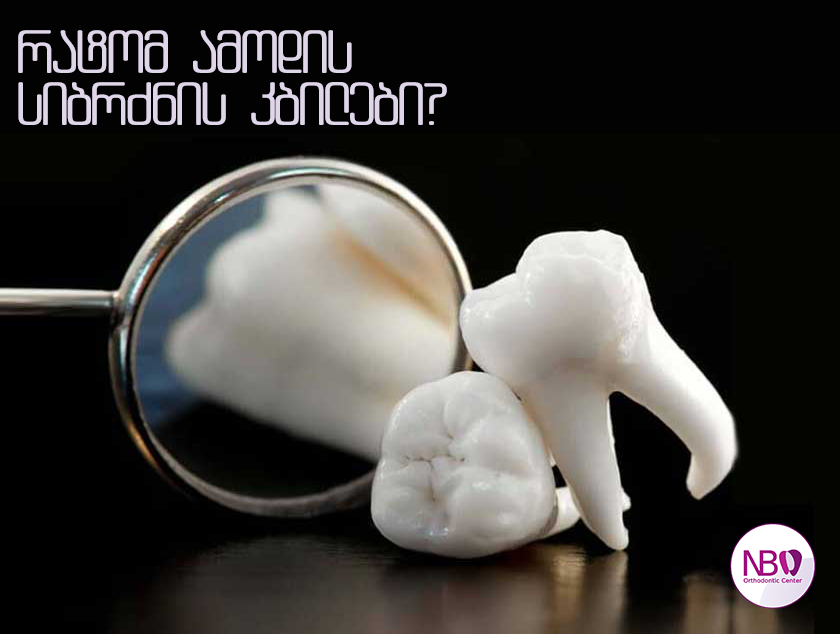Mouth Anatomy Or How Many Teeth Do We Have?
Have you ever wondered how many teeth you have? Well, it's your lucky day. Because we're going to dive into the answer. The truth is that the number of teeth you have depends on a few factors: age and the presence of certain conditions. As you may know, children and adults actually have different sets of teeth, and the number of them varies. As you read on, we'll look into the differences between children and adult teeth as well as the conditions that affect the number of teeth you have.
Baby Teeth
Children begin teething around six months of age, meaning that their teeth start coming in around that point. These first teeth are known as baby teeth or primary teeth. As you know, they eventually fall out and are replaced by adult teeth.
How many teeth do children have? Children have 20 baby teeth. That includes 10 teeth on the top and 10 teeth on the bottom. All 20 of them usually come in before the age of three and act as placeholders for the adult teeth that grow in after the baby teeth fall out. At about age six, most children begin to lose their baby teeth, which are then replaced with adult teeth. This process continues until kids reach their early teen years.
It's important to mention that just because baby teeth fall out doesn't mean that they don't need care like adult teeth. Oral care routines should begin before a baby's first tooth comes in. This can be done by running a clean, damp washcloth over the baby's gums. Once the first tooth comes in, parents can brush the baby's teeth with an infant toothbrush and a tiny bit of toothpaste.
How many teeth do adults have?
When adult teeth come in, there's more room in the mouth and more teeth. Most adults have 32 teeth, which is 12 teeth more than children! Among these 32 teeth are 8 incisors, 4 canines, 8 premolars, and 12 molars, including 4 wisdom teeth. It is very common for adults to have their wisdom teeth removed because there is not always enough room for them to grow in comfortably or without causing misalignment of other teeth. Most people have a complete set of adult teeth by the time they reach their teenage years.
Conditions That Affect The Number of Teeth
Tooth loss is a surprisingly common condition. And periodontal disease (aka gum disease) is the main reason adults lose their teeth. Luckily, prevention is possible. It involves brushing twice a day and flossing daily.
Other reasons for tooth loss include:
- Tooth decay
- Ectodermal dysplasia (a genetic disorder that can affect teeth)
- Gastrointestinal reflux (severe tooth erosion which causes stomach acid to come up into the mouth)
- Beyond tooth loss, there's also a condition called tooth agenesis, where teeth are missing in the mouth. It can either appear as the absence of all teeth or as 1 to 6 or more teeth missing. This condition is genetic and rare.
There are also circumstances where extra teeth, or supernumerary teeth, appear in the mouth. The most common type of supernumerary tooth is an extra incisor located between two central incisors.
Now you know the deal about how many teeth we have. Typically, children have 20 teeth, and adults have 32 teeth (28 if the wisdom teeth are removed). Remember that each one of them needs your care, even baby teeth. There are some cases where the number of teeth varies, resulting from tooth loss, tooth agenesia, or having extra teeth. So keep up with your oral hygiene no matter how many teeth you have. It'll help make sure your teeth stay healthy and happy.
